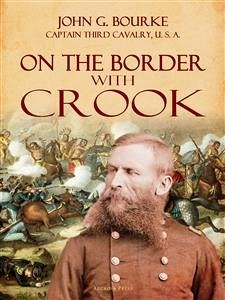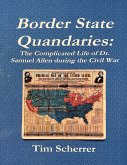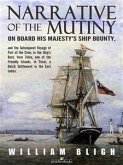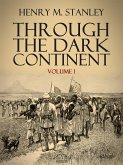"There is an old saw in the army which teaches that you can never know a man until after having made a scout with him in bad weather. All the good qualities and bad in the human make up force their way to the surface under the stimulus of privation and danger, and it not infrequently happens that the comrade who at the military post was most popular, by reason of charm of manner and geniality, returns from this trial sadly lowered in the estimation of his fellows, and that he who in the garrison was most retiring, self-composed, and least anxious to make a display of glittering uniform, has swept all before him by the evidence he has given of fortitude, equanimity, courage, coolness, and good judgment under circumstances of danger and distress.It is not my purpose to write a biography of my late friend and commander — such a task I leave for others to whom it may be more congenial; speaking for myself, I am compelled to say that it is always difficult for me to peruse biography of any kind, especially military, and that which I do not care to read I do not care to ask others to read. In the present volume, there will be found collected descriptions of the regions in which the major portion of General Crook’s Indian work was carried on; the people, both red and white, with whom he was brought into contact; the difficulties with which he had to contend, and the manner in which he overcame them; and a short sketch of the principles guiding him in his justly famous intercourse with the various tribes — from British America to Mexico, from the Missouri River to the Pacific Ocean — subjugated by him and afterwards placed under his charge."John Gregory BourkeJohn Gregory Bourke (1846-1896) was a captain in the United States Army and a prolific diarist and postbellum author; he wrote several books about the American Old West, including ethnologies of its indigenous peoples. He was awarded the Medal of Honor for his actions while a cavalryman in the Union Army during the American Civil War. Based on his service during the war, his commander nominated him to West Point, where he graduated in 1869, leading to service as an Army officer until his death.
Bitte wählen Sie Ihr Anliegen aus.
Rechnungen
Retourenschein anfordern
Bestellstatus
Storno









